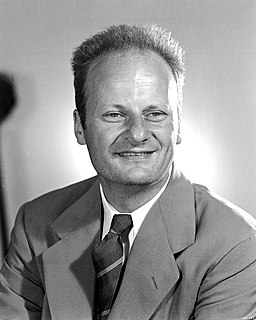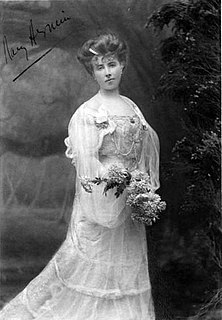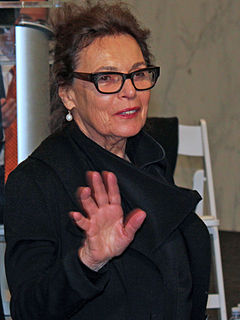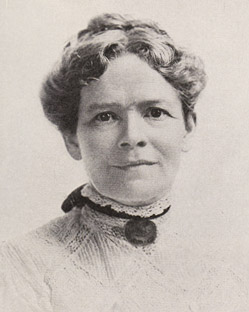A Quote by Walter J. Phillips
Beauty may be perceived in any scene by one with sympathy and understanding. Beauty is in the mind.
Related Quotes
Religion, it seems to me, has nothing whatsoever to do with any belief, with any priest, with any church or so-called sacred book. The state of the religious mind can be understood only when we begin to understand what beauty is; and the understanding of beauty must be approached through total aloneness.
The assumption behind any theology that I've ever been familiar with is that there is a profound beauty in being, simply in itself. Poetry, at least traditionally, has been an educing of the beauty of language, the beauty of experience, the beauty of the working of the mind, and so on. The pastor does, indeed, appreciate it.
No one any longer pays attention to - if I may call it - the spirit of physics, the idea of discovery, the idea of understanding. I think it's difficult to make clear to the non-physicist the beauty of how it fits together, of how you can build a world picture, and the beauty that the laws of physics are immutable.
Beauty captivates the flesh in order to obtain permission to pass right through to the soul. . . . When the feeling for beauty happens to be associated with the sight of some human being, the transference of love is made possible, at any rate in an illusory manner. But it is all the beauty of the world, it is universal beauty, for which we yearn.

































